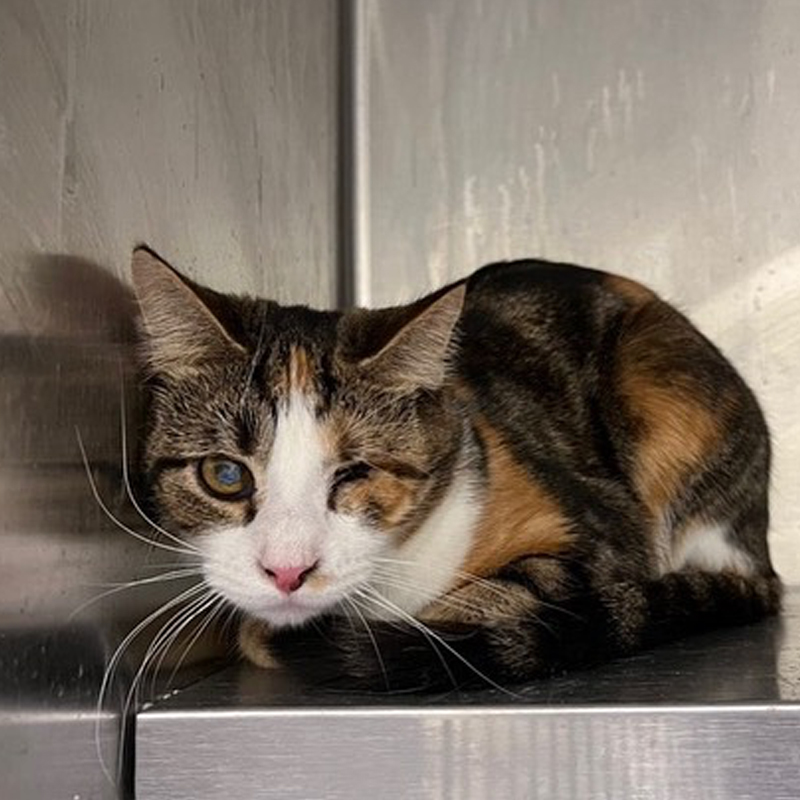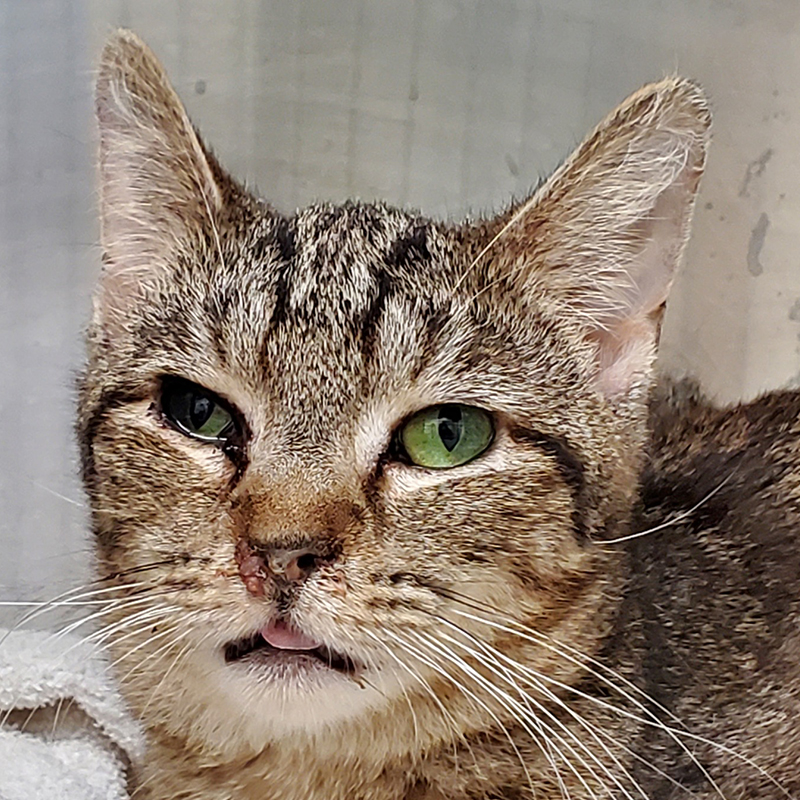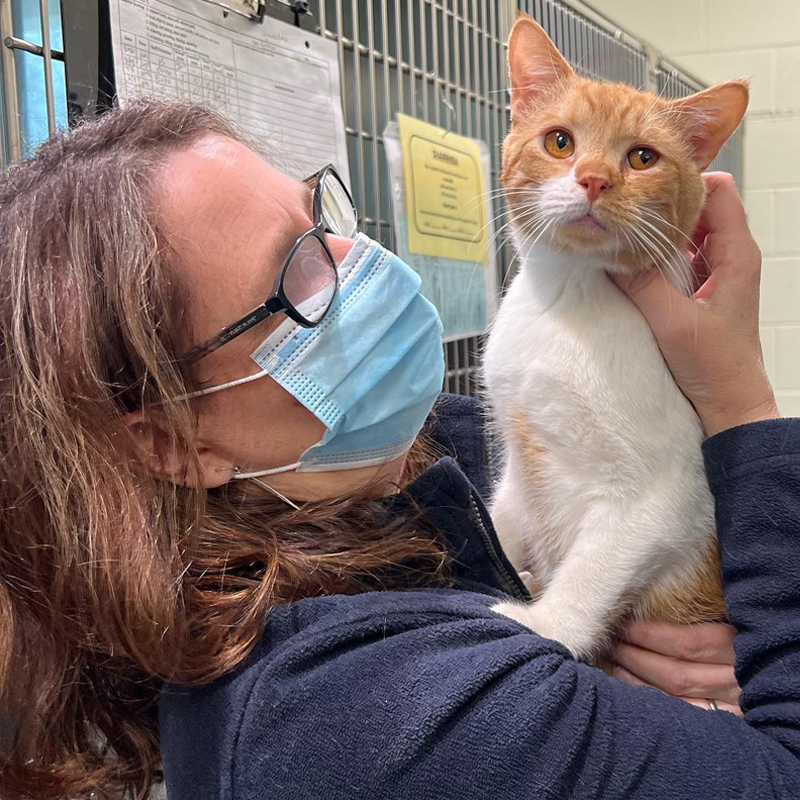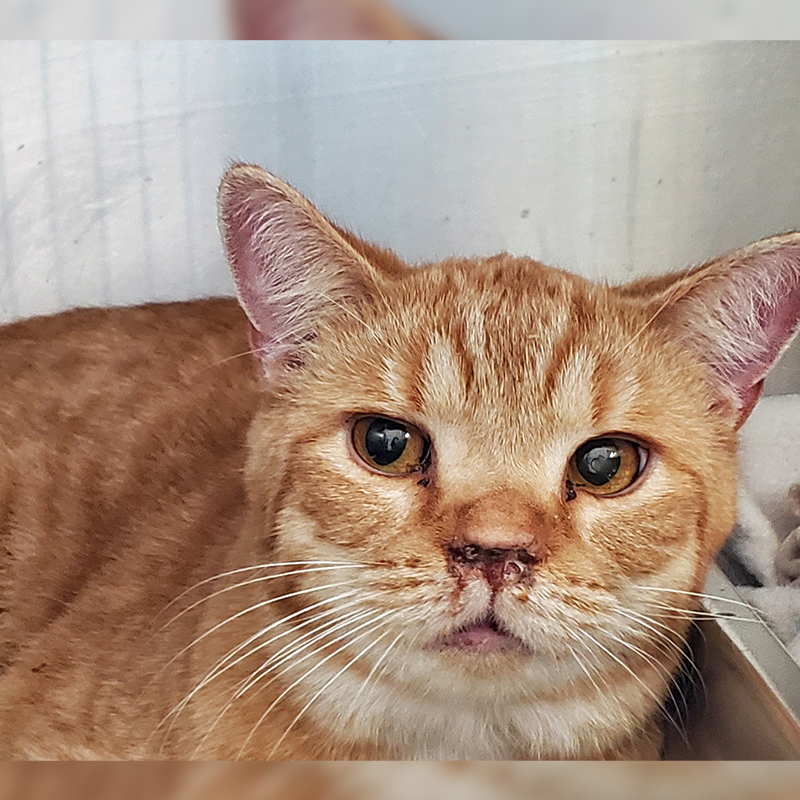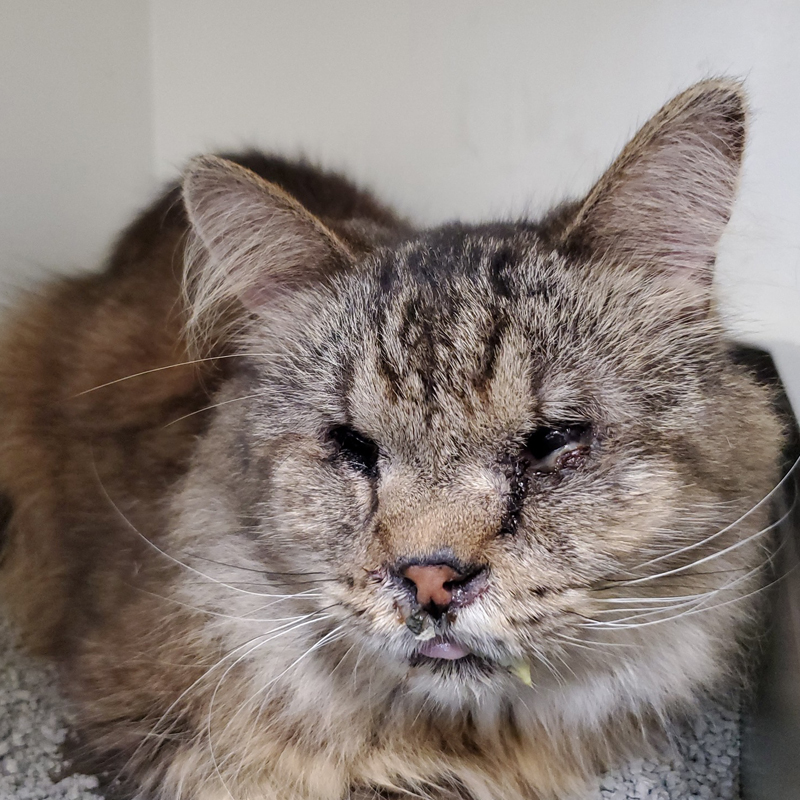Rescuers in Massachusetts Help in Hoarding Case of 91 Kitties with $10K in Vet Bills
By admin / March 30, 2022 / No Comments / Pet Cats
Hoarding situations are always horrific, but for 91 cats who were victims of a particularly shocking hoarding situation in Massachusetts, there is definitely a light at the end of this tunnel. In late February, staff at the MSPCA at Nevins Farm in Methuen were contacted by the Tewksbury Animal Control, Rob Halpin, communications director for MSPCA-Angell told the Lowell Sun.
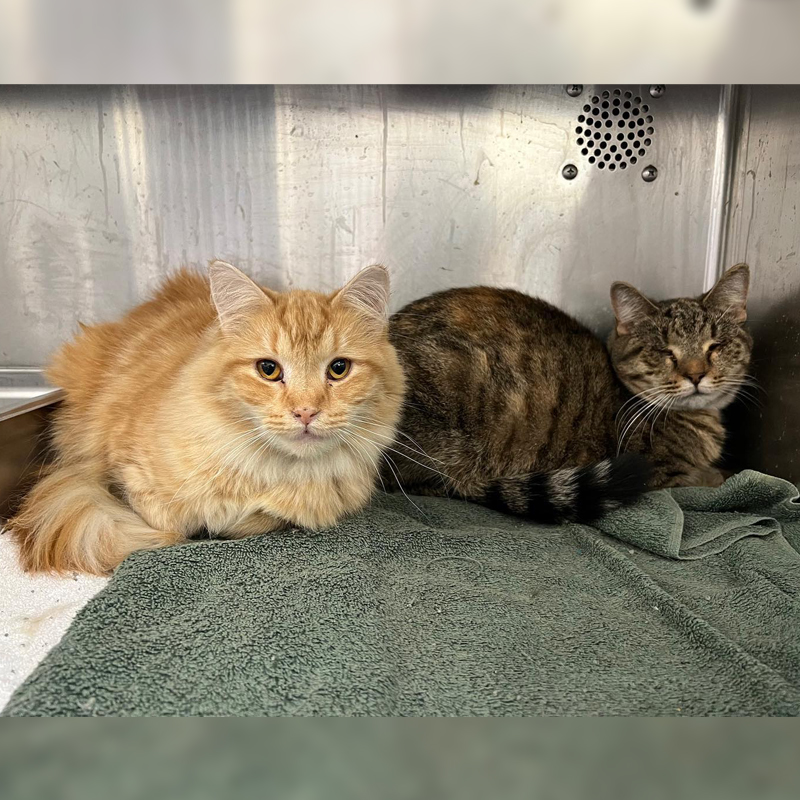
Sweet Grenadine (orange) and Zinnia, Images via Facebook/MSPCA-Angell
A Truly Shocking Hoarding Situation
These poor cats were surrendered after someone in the home where they were living passed away. The surviving spouse was elderly and not able to take care of the cats. While this was sad, for these cats, who were clearly suffering, it would mean the start of a better life.
“These things tend to build over time,” Halpin said. “If you have two cats that may not be spayed and neutered, it may become more than you can handle. We were just relieved and glad we had the facilities and staff who could help them.”
Meaghan O’Leary, director of operations for the MSPCA at Nevins Farm noted in a statement per The Boston Globe:
“This is a case where the owner had died and the surviving spouse just could not take of all these cats, especially as their health issues got more serious and [he] was desperate for help,” O’Leary said.
I’ll bet the poor little kitties are feeling better now too. Nevins Farm took in 32 cats, while 59 went to other agencies in the area. Many of the cats were dealing with eye infections and upper respiratory infections. Itchy ear mites were also a serious problem. And every single one of them needed spaying or neutering. But their story takes a much brighter turn here: Some of the 13 kitties who were ready for new homes have been adopted!
Some of the kitties are six-month-old youngsters but they all range in age up to five years old. The remaining 19 kitties are still being cared for at Nevins Farm, Halpin added. These poor little kitties were definitely in bad shape. How sad.
Many Of The Hoarding Victims Suffered Grievous Eye Infections
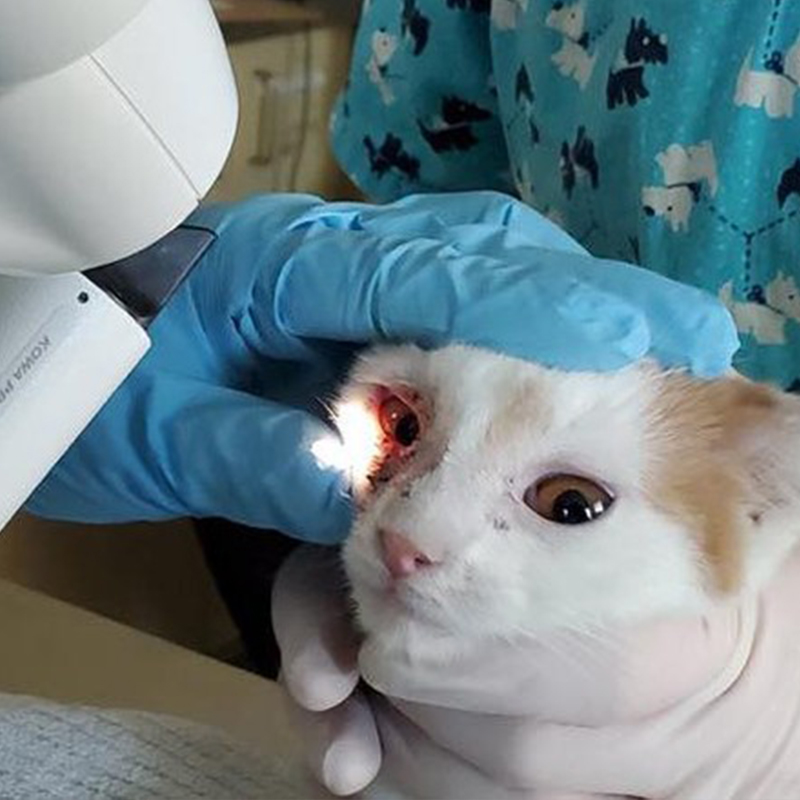
One of the cats getting an eye exam: Images via Instagram/mspca.angell
O’Leary notes most of the cats were afflicted with particularly devastating eye problems.
“Moreover the majority of the cats have experienced severe, irreversible eye changes as a result of untreated infections — including eyelids adhered to corneas and old ulcers, and some are missing at least one eye,” O’Leary adds.
Halpin added he’s hoping the remaining cats will be ready for adoption in late March or early April. He reiterates spaying and neutering will be part of the adoption package for all of the kitties. They will also receive microchips and vaccinations before going to new homes.
If you’d like to adopt one of the kitties or donate to their veterinary care, you can go here. The Boston Globe notes costs for their veterinary care will be at least $10,000.
Thousands of Animals Are Victims Every Year
These lucky cats will go to loving homes. But for far too many cats who are hoarding victims, this is sadly not the case. The Animal Defense League estimates more than a quarter of a million animals are victims of hoarders every year in the U.S. Cats make up the majority of such cases but dogs aren’t far behind. Reports say that at least 72 percent of hoarders are women. Animals are definitely the unfortunate victims in these situations and the saddest fact of all is that their suffering can last for years. Dog and cat victims of hoarders often show such signs of abuse that can include severe malnutrition, untreated medical conditions such as open sores, cancers, and severe dental and eye diseases. Severe psychological trauma is also common.
Because of the sheer number of animal victims and the duration of their suffering, hoarding is now the number one animal cruelty crisis affecting companion animals in communities across the U.S. That’s not the only fallout from these tragic cases: Hoarding animals can also severely affect the health of the hoarder and children and dependent adults living under the same conditions.
Stopping A Hoarder In Their Tracks
It’s nearly impossible to rehabilitate animal hoarders — the recidivism rate for these people is alarmingly high — nearly 100 percent. The seemingly only effective long-term solution in these cases is to prevent the hoarder from ever owning pets again and provide them with mental health treatment and intervention.
What’s also not obvious to many people is just how seriously this can also affect a community. Because animal hoarding cases are dangerously unsanitary, the properties of hoarders may wind up condemned because they are so contaminated with fecal matter and urine. Even worse, one single case involving hundreds of animals can easily leave a local animal shelter bankrupt and put a giant strain on volunteer resources. Costs to local officials and law enforcement can be staggering.
The American Psychiatric Association considered Animal hoarding to be a mental disorder. If you suspect someone is hoarding animals check out these guidelines from the ASPCA to get help.
The post Rescuers in Massachusetts Help in Hoarding Case of 91 Kitties with $10K in Vet Bills appeared first on Cole & Marmalade.

